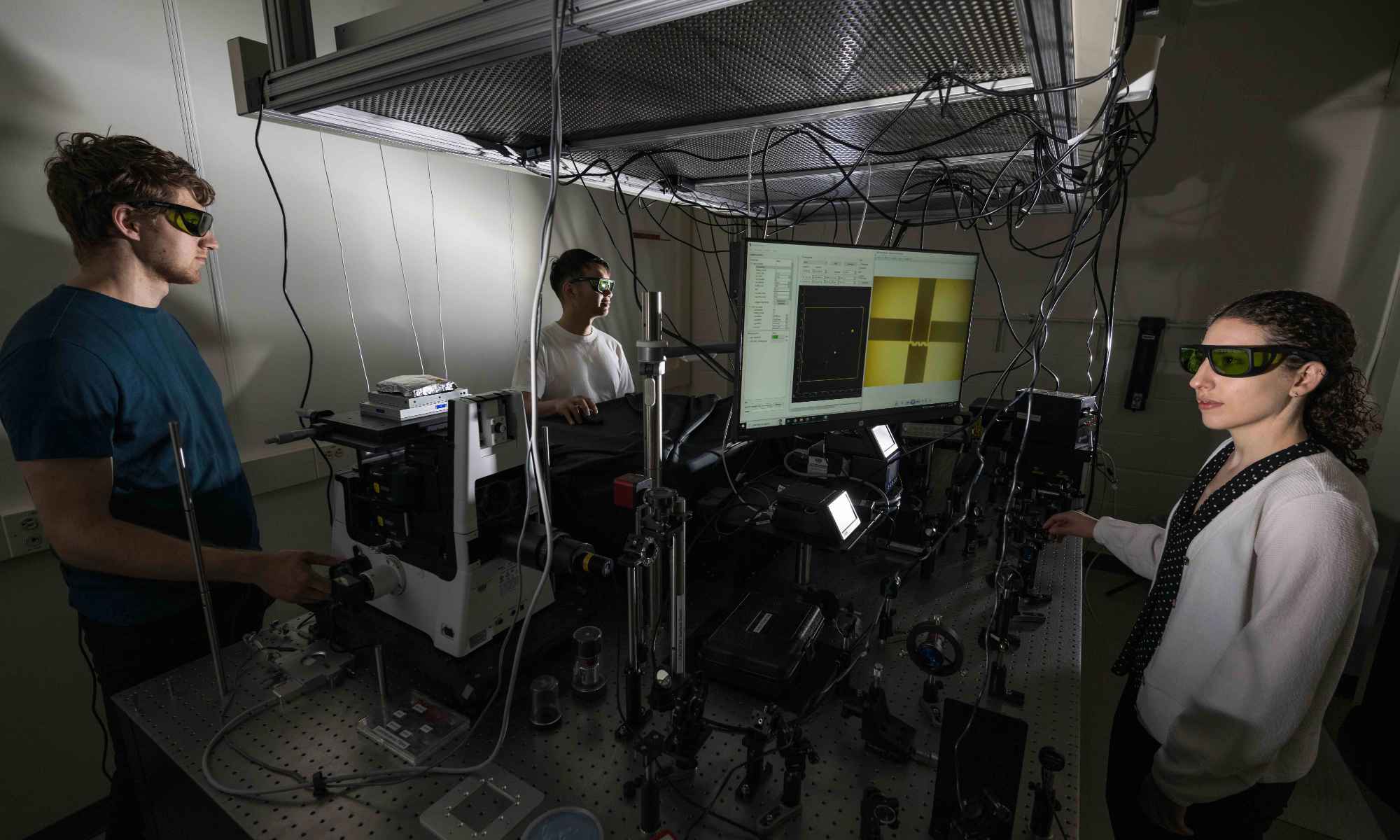Psychologist Harry Reis investigated the phenomenon of online dating in 2012, which had then surpassed in popularity all forms of matchmaking in the United States other than meeting through friends.
Reis, who holds the title of Dean’s Professor in the Department of Psychology, and his team found that online dating has lost the stigma once attached to personal ads, and it provides convenient access to potential partners. But, despite the industry’s insistence that its algorithmic matching offers a “science-based” approach to dating, such claims haven’t been substantiated and should be given little credence.
How do we relate?
Psychologist Harry Reis puts human relationships under the microscope.
(Rochester Review, January/February 2017)

But the researchers also found that online dating can promote a “shopping” mentality—people can become judgmental and picky, focusing exclusively on factors like attractiveness or interests. And corresponding by computer for weeks or months before meeting face to face has been shown to create unrealistic expectations, he says.
And men and women behave differently online, with men looking at more profiles than women and being more likely to initiate contact.
The researchers also cautioned that online sites can encourage search for a “soulmate,” convincing would-be daters that a partnership is “meant to be.” Such people are especially likely to bail on a relationship when problems arise and to become vengeful in response to partner aggression when they feel insecure in the relationship, Reis and his colleagues found.




